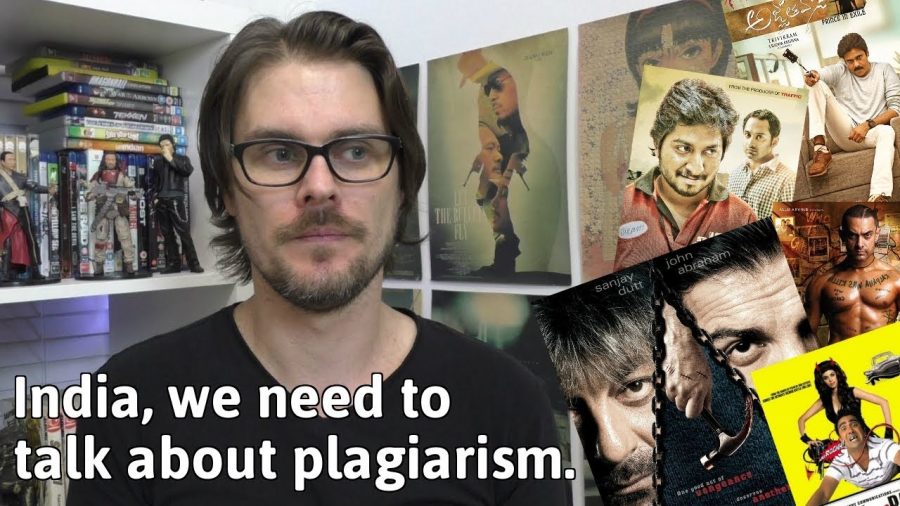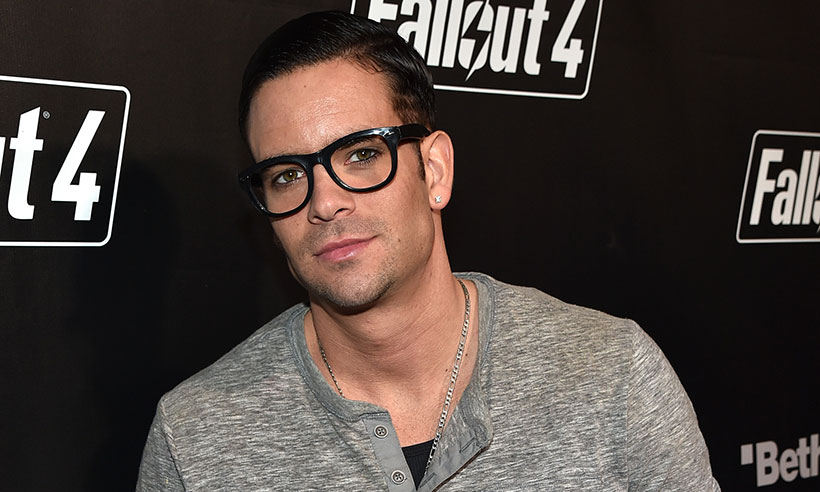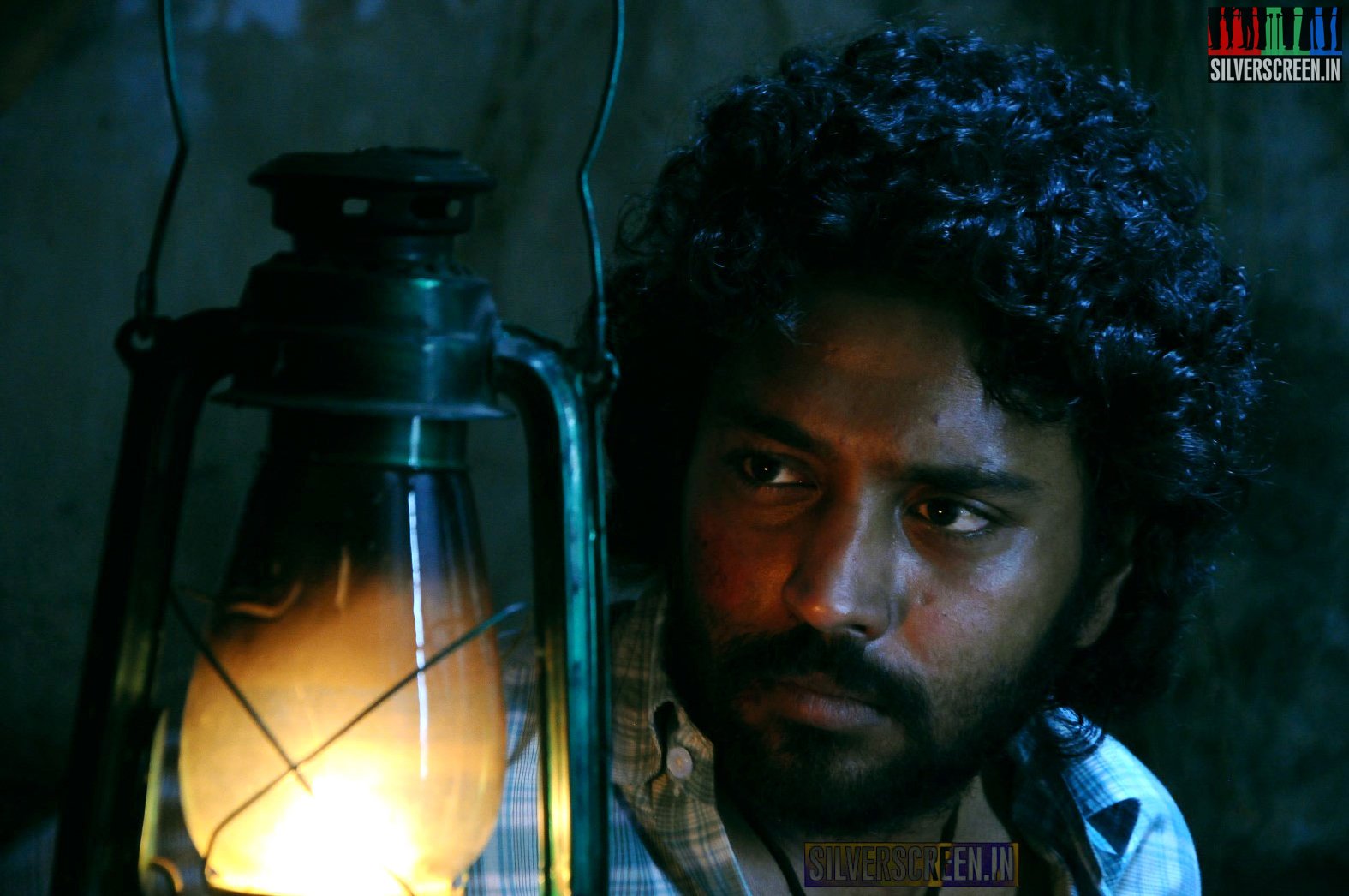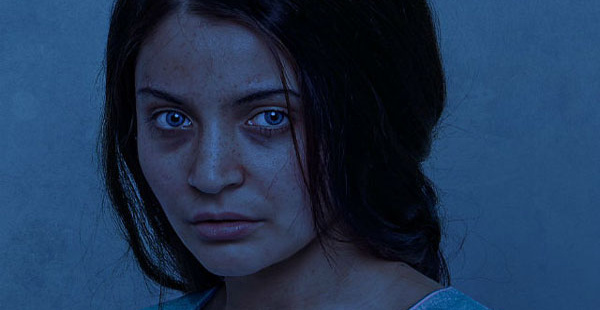Corrie Hinschen is a YouTuber who uses his channel ‘Pieces of Work’ to review films from South Korea, Japan, China, Hong Kong, Indonesia, Taiwan and India. His Patreon profile states that he is passionate about promoting Asian cinema to a wide audience because he believes that ‘the Asian cinema community are some of the dedicated and loyal people on YouTube’.
His recent video – India, We Need To Talk About Plagiarism – hits the nail on a practice that several top filmmakers, despite the law, indulge in. In the 7:45 minute video, Corrie says that he initially intended to review the Malayalam film Chaappa Kurishu (2011) but he realised that the movie is an unauthorised remake of a South Korean film Handphone.
Far from being a rant, Corrie rightfully goes on to state how Indian filmmakers tend to plagiarise films and walk away with all the credit, but when they get called out, they use words such as “inspired” or “inspired by” to get away with it.
Giving examples, he points out that Bollywood film Zinda is completely plagiarised from the South Korean film Old Boy. American director Spike Lee, who made an American version of the same South Korean film, received flak for remaking a film that was best as is. “At least he bought the remake rights,” Corries says.
Giving several examples and vowing to call out this practice, Corrie ends his video on a more hopeful now. “This has to end. It’s getting ridiculous.”
This YouTuber couldn’t be more right when it comes to plagiarism. The most recent case that initiated a dialogue on plagiarism is that of Pawan Kalyan’s Agnyaathavaasi. French filmmaker Jérôme Salle, in an exclusive chat with Silverscreen, said that it was on Twitter that he came to know about the story of Pawan Kalyan’s recent Telugu film directed by Trivikram Srinivas, which was, unsurprisingly, inspired from Salle’s Largo Winch.
“I saw the film in Paris, I was probably the only French guy in the theatre. Not just the plot, there were many many other similarities – the third act, location, sets,” Salle says. He adds that it would have been a great experience if not for the realisation that a lot of it mirrors his own work.
Agnyaathavaasi, starring Telugu superstar Pawan Kalyan, is directed by Trivikram Srinivas and produced by S. Radha Krishna. The story revolves around an exiled heir to a billionaire, who returns to avenge his father’s death and put his company in order.
The IMDb plot summary for Largo Winch reads: “After a powerful billionaire is murdered, his secret adoptive son must race to prove his legitimacy, find his father’s killers and stop them from taking over his financial empire.”
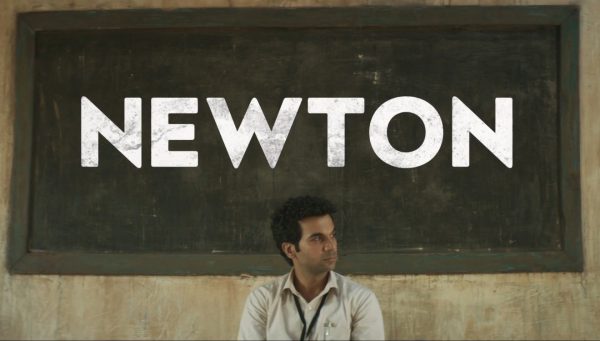
Newton
Apart from Agnyaathavaasi, some other films that were hit with similar charges actually managed to steer away from controversy.
Rajkummar Rao’s Newton, which won over the critics, had reports stating this Amit Masurkar directorial bears close resemblance to an Iranian film Secret Ballot.
The premise of both the films appeared similar. Newton is set in the Maoist-controlled jungles of Chhattisgarh and is about how a young presiding election officer trying to conduct a free and fair election there. Pankaj Tripathi plays an Army general who is skeptical about the polling.
Secret Ballot has a female protagonist who is also sent to a remote area to conduct polling where she comes across a soldier who is not willing to help her.
However, these allegations were put to rest when Secret Ballot’s producer Marco Mueller said that there wasn’t even a hint of plagiarism in this Hindi film.
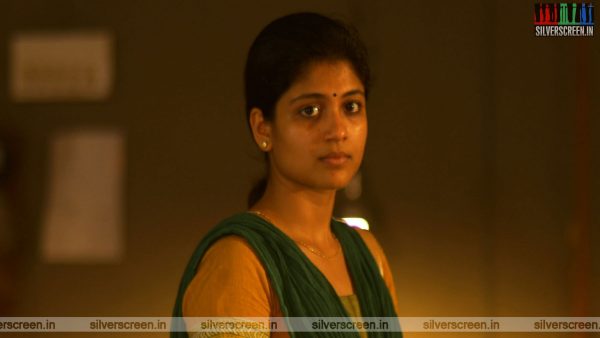
Aruvi Movie Stills
Tamil film Aruvi, that created waves in the industry owing to its different content and storytelling, made similar headlines when people pointed out that the film is a remake of an Egyptian film Asmaa, that happens to be the first-ever Egyptian feature film to highlight the problems and stigma faced by HIV AIDS patients.
The filmmaker, Arun Prabu Purushothaman, denied plagiarising from the Egyptian film. “I watched the movie only recently after the tweets started. If someone who knows film language to a certain extent watches both movies, they will know if it is copied. All they have to do is just see both movies,” he had told The Indian Express.
What the Law says:
The Copyright Act, 1957 protects original literary, dramatic, musical and artistic works and cinematograph films and sound recordings from unauthorised uses. Unlike the case with patents, copyright protects the expressions and not the ideas. There is no copyright on an idea.
Recommended
Any person who knowingly infringes in any work directly commits an offence under Section 63 of the Copyright Act. The minimum punishment for infringement of copyright is imprisonment for six months with a minimum fine of Rs 50,000.
The laws are stringent and the penalty for copyright infringement is sizable, but most refrain from complaining as the process of getting justice is long and tedious. The procedure involves proving that the ‘infringer’ had access to the complainant’s works. Also, the onus of proving that the script, the song, or the story read and sound similar, is upon the complainant. It can also involve drawn-out and ugly battles in the court even as dates of hearing are extended or delayed, and lawsuits become more expensive.
Feature Image: YouTube screen grab
